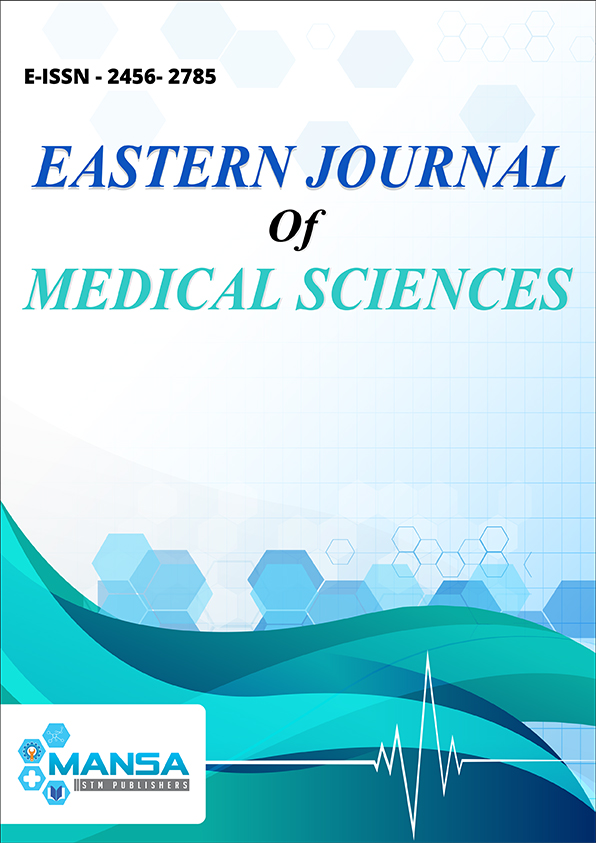Bacteriological profile and their antimicrobial susceptibility pattern among clinical suspected adult septicemia admitted patients: A study from tertiary care and teaching hospital
DOI:
https://doi.org/10.32677/ejms.v9i1.4530Keywords:
Adult septicemia, Antimicrobial susceptibility pattern, Bacteriological profileAbstract
Objectives: The objective of this study is to determine the bacteriological profile and their antimicrobial susceptibility pattern among clinically suspected adult septicemia admitted patients and to study the correlation between the clinical presentation and inflammatory biomarkers (C-reactive protein [CRP] and Procalcitonin [PCT]) in the final outcomes of nosocomial sepsis in adult septicemia patients. Material and Methods: This is a descriptive cross-sectional study of 1-year duration from November 2022 to November 2023. The study has been approved from the Institutional Ethical Committee. Adult patients with a clinical suspected diagnosis of sepsis were admitted to the medicine ward of the tertiary hospital. Blood samples of adult sepsis suspected patients samples were taken for as a part of septicemia screening. Blood culture and sensitivity were performed according to standard guidelines. The sepsis inflammatory prognostic markers CRP and PCT test were evaluated according to manufactures instruction. Results: Out of 300 clinically suspected adult septicemia patients, 93 (31%) patients were isolated culture-positive sepsis while 207 (69%) patients were culture-negative sepsis. Gram-positive organisms were more (69%) as compared to Gram-negative organisms (31%). Staphylococcus aureus was predominant among Gram-positive organisms while Acinetobacter baumanii complex (9%) followed by Enterobacter spp. (8%) isolated in Gram-negative bacilli. Culture-positive sepsis patients have CRP level ≥3.2 mg/dL (80%) and the majority (80%) of these patients have reactive PCT. Conclusions: Successful treatment of bloodstream infection depends on early diagnosis and appropriate use of antimicrobial agents. Rapid identification results and antimicrobial susceptibility tests are essential for guiding clinicians in the selection of the most appropriate treatment for patients with bloodstream infections.
Downloads
Downloads
Published
Issue
Section
License
Copyright (c) 2024 Kirti Nirmal, Priyanka Gupta, Nadeem Ahmad, Smita Nath, Narendra Pal Singh, Shukla Das

This work is licensed under a Creative Commons Attribution-NonCommercial-NoDerivatives 4.0 International License.

